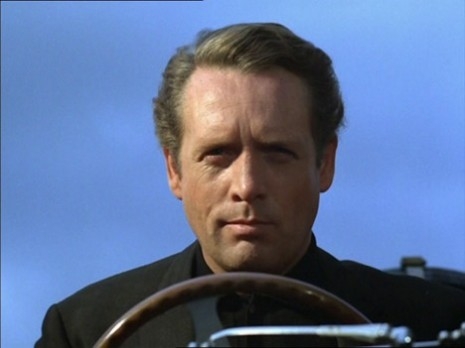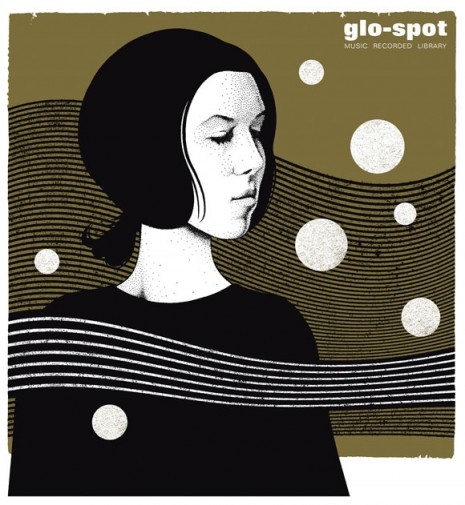
For my tenth birthday I received a copy of the MFP record Geoff Love and His Orchestra Play Your Top TV Themes. MFP was the acronym for “Music for Pleasure” a low budget English record label formed between EMI records and book publishers, Paul Hamlyn. MFP released session musicians performing hits of the day, or artists from the EMI back catalog. The local supermarket had a carousel of MFP discs, ranging from Frank Sinatra, Semprini, Edith Piaf, Dean Martin, Benny Hill, Liberace, to The Beach Boys, The Monkees, The Move, Jimi Hendrix, Pink Floyd and T.Rex.
There was an unspoken consensus amongst my peers, that If it was MFP then it was suspect; as MFP was either ersatz, or some original recording that had bombed. I knew what they meant, but didn’t agree. I thought of it more like a book club edition, if you couldn’t afford the top dollar for the first print run edition, then there was always MFP.
Music for Pleasure, in many ways, gave me a good musical education. The first record I bought, at a rummage sale, when I was 5, was Russ Conway’s “Snow Coach”. From this jaunty instrumental, I progressed on to the magic of Herb Alpert via The Tijuana Sound of Brass, Edith Piaf, Johnny Cash and Beethoven. While my older brother fed me The Stones, The Beatles, The Beach Boys, The Move, and later T.Rex, and Bowie.
Music was key, along with books, films and TV, and whenever any of these fused, it was something special. Remember this was the sixties, the early seventies, there were no pop promos - only The Monkees on TV, and later Ken Russell’s Tommy in the cinema.
This was why I liked MFP, which released records that were often compiled of tracks unavailable elsewhere, like Geoff Love and His Orchestra Play Your Top TV Themes. Where else would you find the sophistication of John Barry’s “Theme to The Persuaders” next to “Sleepy Shores”, the theme for Owen M.D.? Or, Mort Stevens’ “Hawaii Five-O” on the same side as Geoff Love’s jolly sit-com theme “Bless This House”?
Geoff Love was a hero. A black trombone player from Yorkshire, who when not writing theme tunes, worked with Shirley Bassey and entertainer Max Bygraves. Geoff Love arranged and recorded a whole library of theme tunes for MFP, including Big War Movie Themes and Close Encounters of the Third Kind and Other Disco Galactic Themes. Each album was a wonderful aural adventure, where part of the enjoyment was working out what Love had done to replicate or improve upon the original theme. For that reason Your Top TV Themes, was and still is a class album.
This liking for signature tunes brought me to Ron Grainer, who in many respects wrote some of the themes that best defined British TV in the 1960s.
Grainer was born in Queensland, Australia, and studied under Sir Eugene Goosens at the New South Wales Conservatorium of Music. His studies were cut short by the Second World War, which saw the young composer seriously wounded - nearly losing his leg. After the war, Grainer moved to England where he began his career in earnest as a composer and musician.
In the 1950s, Grainer collaborated with the BBC Radiophonic Workshop on variety of projects, most famously on his theme for Doctor Who. The success of this track was in part due to Delia Derbyshire, whose hard work re-interpreting Grainer’s composition, note-by-note, made it unforgettable. When Grainer heard what Derbyshire had done, he could hardly contain his delight. Grainer said “Did I really write this?” to which Derbyshire replied, got the answer “Most of it.”
Together they had produced a work of brilliance. Grainer wanted to give a co-credit to Derbyshire, but the dear olde fuddy-duddies at the bureaucratic BBC preferred to keep their talents under a bushel. Damn shame, as Derbyshire deserved much recognition for her pioneering work.
Original ‘Doctor Who’ Theme (1963)
In 1967, Grainer wrote “The Age of Elegance”, which became a perfect synthesis of image and sound in Patrick McGoohan’s The Prisoner.
More classic Grainer themes from the sixties, after the jump…






